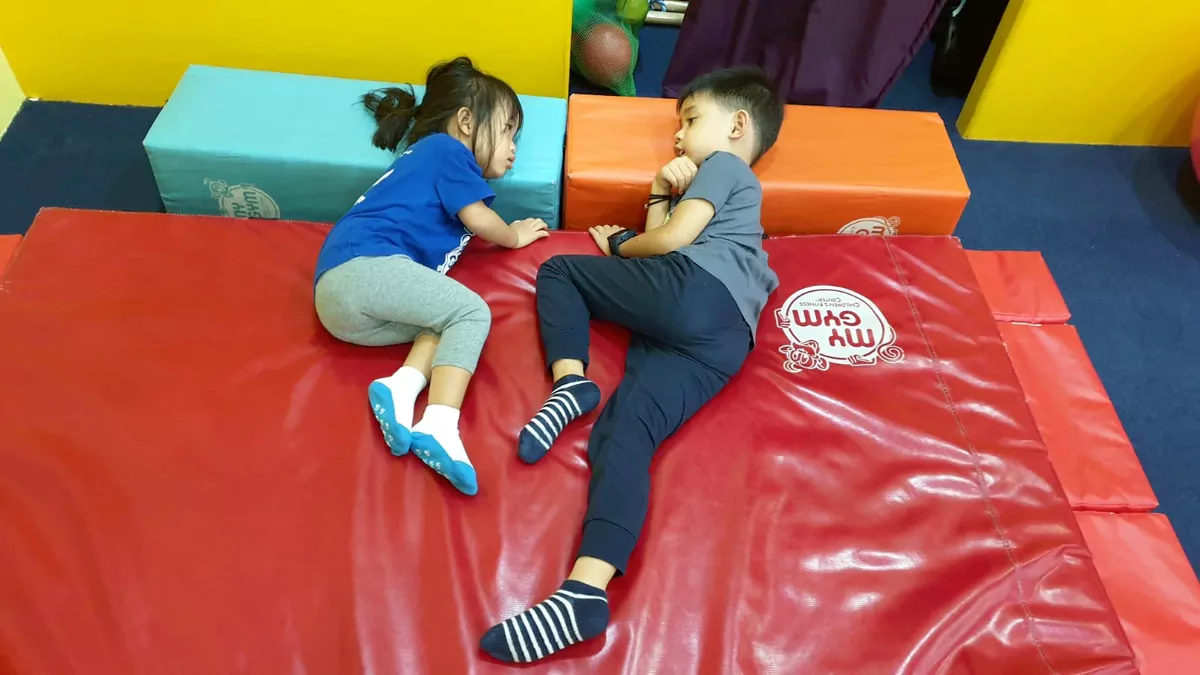The World Has Forgotten How To Listen
The saddest thing for us is that while we strive towards becoming more fully human, the world is making a journey to becoming less human and more dehumanized. In other words, we are living in an upside-down world, where reality is rarely seen for what it is. In the absence of effective communication skills, what is seen instead is a superficial layer of what we as human beings are.
In the US of A, for instance, there are all sorts of stats doing the rounds to support this drift. The suicide rate is up by 30%; depression rates are climbing; 36% of Americans report feeling lonely frequently; 45% of teenagers say they feel despondent and hopeless most of the time.
These stats indicate a drastic decline in effective communication skills. The number of Americans who rate themselves in the lowest happiness category has gone up by 50%. Close to 36% of Americans find it difficult to sustain a romantic relationship. All these factors add up to indicate that there is almost no motivation to building strong relationships. Hence an epidemic of the blindness of people not feeling seen, valued and heard. [Source]
When you feel not seen and heard and there is the absence of a desire to build strong relationships, you tend to interpret everything as an insult. And because you feel insulted, the natural human response is to lash out. A society that becomes increasingly sadder and more impulsive eventually becomes more mean.
What are we missing out here?
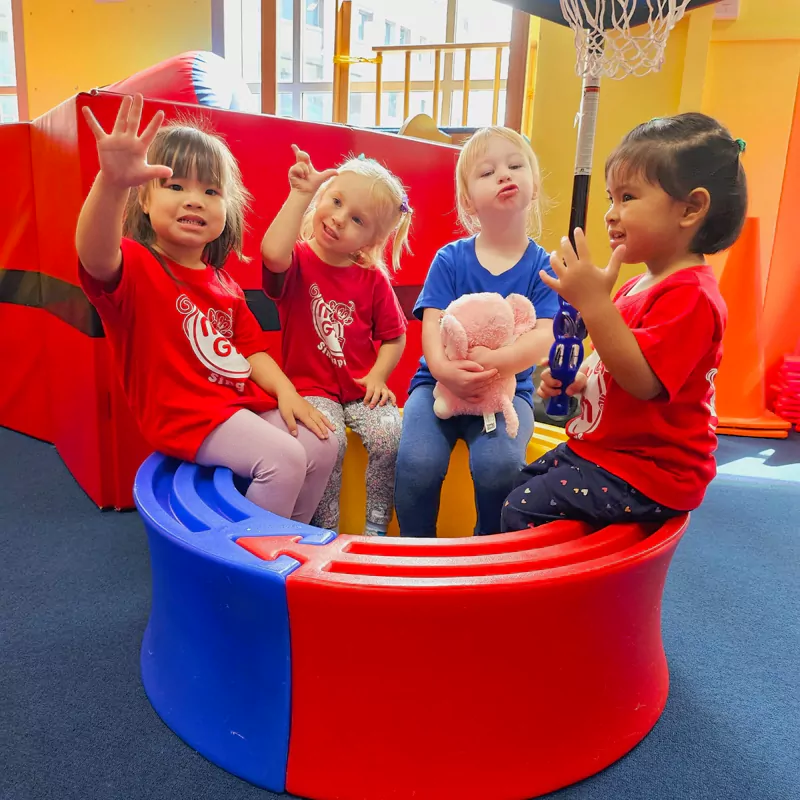
One reason could be the technology factor. Social media is turning most of the world into being self-serving and dull. Another reason could be the sociological story. We’re distancing ourselves from being involved socially due to more income inequality than there used to be. We’re busy living self-directed and leading desperate lives!
But this is not all, the story that needs to be emphasised is the most direct one. We have become sadder and meaner because we don’t treat each other with the consideration that we deserve. Especially when it is far simpler and easier to be kind and open hearted toward each other.
Remember, all it requires to regain our focus is to be involved in acquiring conflict resolution techniques for children and adults alike. This way one can offer criticism in a way that doesn’t hurt, sit with someone who’s suffering and have a nurturing conversation. Today, we simply don’t have this skill, and our children too are not taught how to listen and pay attention, at home or school anymore. Sad but true.
“Our biggest shortcoming is we don’t care enough to try and acquire crucial social skills of how to be a good friend, how to be a good teacher, how to be a good colleague or even how to be a good parent! Our focus has shifted to something far removed from living in the real world in real-time”. [Source]
Why teaching children how to listen is important
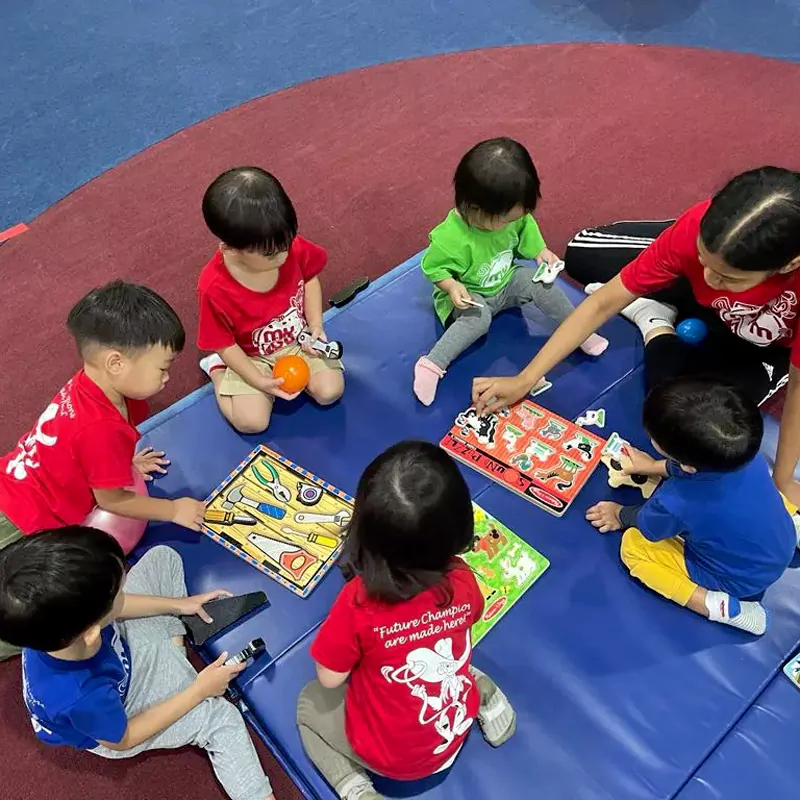
In today’s world, being able to listen effectively is a valuable skill as it benefits everybody, more so our children. It becomes an invaluable asset because children are our future. Mastering the art of listening early in life plays a major role in building more empathetic social interactions.
More specifically, learning opportunities through Listening help young children’s grow in the right way. Enhancing relationships, helping resolve conflicts, creating more learning opportunities, encouraging problem-solving and building Trust in a world devoid of it.
What follows is an attempt to walk you through the skills it takes to know another human being and make them feel known, seen and heard. So let’s begin at the beginning, with a simple question: How good are we at listening?
When you ask yourself this question you’ll be surprised by the answer. In all honesty, you may not be as good as you think you are. You are not alone. It seems as if the whole world seems to have gotten out of the habit of listening.
A study at the University of Texas bears this out quite clearly. When an average person meets a stranger and starts a conversation, he understands what’s going on in that person’s head only 20% of the time. When with friends and family, the understanding level goes up a little to 35% of the time.
Some others feel that they are pretty good at understanding others and score a high 55% of the time. While for most it is zero% of the time, but assume that they understand 100% of the time. We need to acknowledge that more often than not, we are strangers to each other in any group of people. [Source]
Advantages of learning how to listen
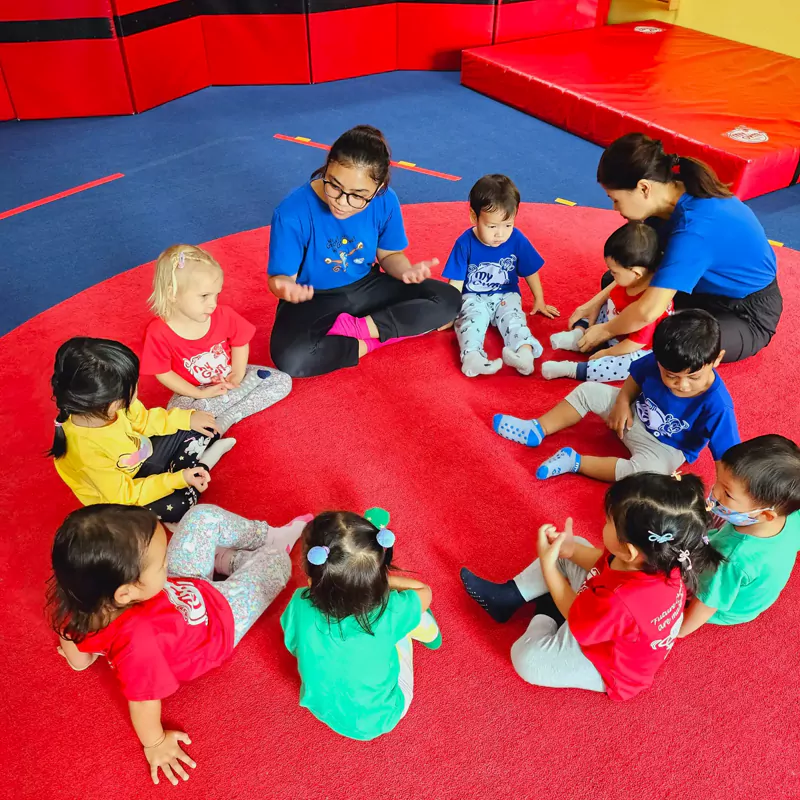
Effective listening enhances communication by ensuring that you understand and interpret information correctly. This, in turn, helps you respond more thoughtfully and meaningfully. Good listeners are often seen as more empathetic and caring and strengthen personal and professional relationships. People are more likely to trust and open up to someone who listens attentively.
Listening can help in resolving conflicts by allowing all parties to express their viewpoints and feelings. When people feel heard, they are more willing to work towards finding common ground. Listening to others, especially those with a different perspective, can expand your knowledge and understanding of different viewpoints.
Active listening enables you to learn from others, whether it’s gaining insights from experts in your field or understanding the experiences of people with different backgrounds and experiences. Effective listening is essential for problem-solving. When you listen carefully to a problem or challenge, you’re better equipped to find solutions and make informed decisions.
Listening attentively and demonstrating that you value someone’s input can help build trust and rapport. Gaining trust is a cornerstone of every relationship.
Changing for the better
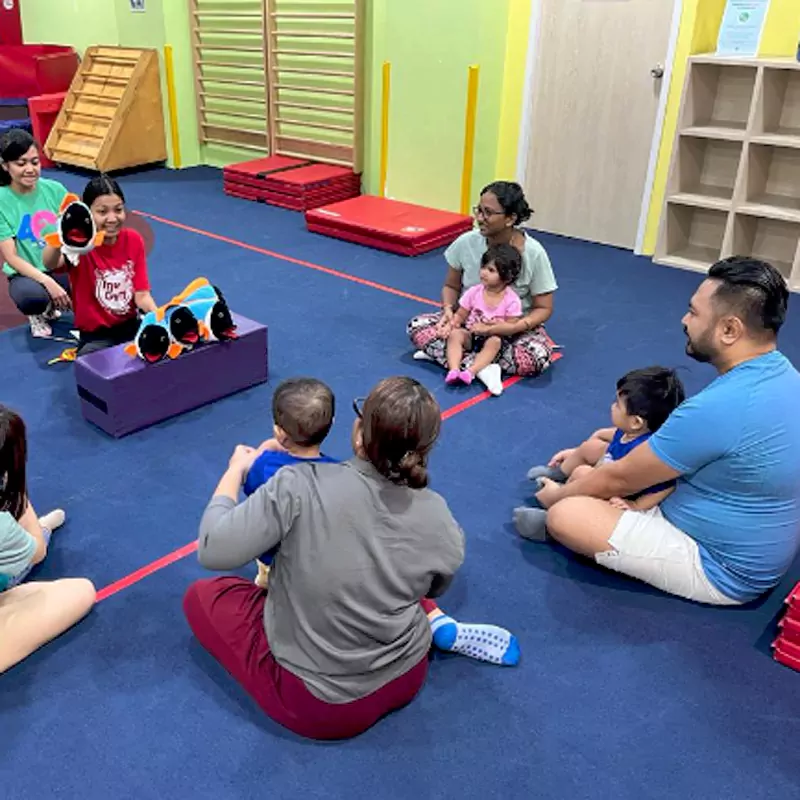
There’s a series of steps you can take to get to know somebody well. To begin with, one of these is to make others feel special and respected. This goes for your children too. These steps begin with the first gaze when you’re just encountering somebody and you’re looking at them.
This is important because when we meet someone, a stream of questions rushes through the mind, which automatically sends out positive or negative vibes. “Am I important to you”, “Will you respect me for what I am?” The answers needn’t be expressed or said aloud, our eyes do all the talking and the message goes out even before the words get out of our mouths.”
This reminds me of an incident that happened when I was having lunch with my former school teacher the other day. I’m still in awe of this teacher and a little intimidated as she is a tough old lady. She always presented herself as a stern disciplinarian. Sort of a drill sergeant type and she told me, “I love my students enough to discipline them.”
As we chatted about my work and family, I spotted a mutual friend walking towards our table. He quickly goes up to her, grabs her by her hand and shakes it way harder than you should shake a 93-year-old’s hand, saying “Ma’am you’re beautiful, I love you.” That stern disciplinarian that I had just been talking to morphed into a bright, shiny-eyed 9-year-old girl, in the blink of an eye! [Source]
The moral of this anecdote is to remind you to always greet people more like the way you greet your own child, with genuine warmth and trust. Bear in mind, that you are more or less looking at somebody with a soul of infinite value and dignity.
You could be Christian, Hindu, Jewish, Muslim, Buddhist, atheist, or agnostic, it doesn’t matter. Always greet others you meet with a level of reverence and respect they deserve. This is a precondition for seeing people not as a problem to be solved or run away from, but as a mystery to be unravelled, layer by layer.
Always be present

The process of getting to know someone is what can be called being present in the moment. Most of everyone’s life is spent not having deep conversations with other people. It’s just hanging out, attending a meeting, or going to a party where you meet people who are quickly forgotten.
Being present is when you are in an ‘other-centred’ mode. Like a pianist who accompanies a singer. The pianist is there focused on the singer, he’s there to make her shine. When close friends come for dinner, you just want to linger with them. This is an accurate way of describing the quality called being present.
The second is play. When you’re playing with someone, there is no need to have deep conversations. When you’re at play. you are true to yourself. You are more natural. When you are playing with your child, time is something you are not conscious of. It just whizzes by, hours seem to pass like minutes. The best part is, you end up knowing your child better than anybody and she will know you better than anybody’s has ever known you.
The reason for this is simple, you are so emotionally open and connected, that a deep bond between you and your child automatically solidifies. Most of the time, being present is just showing up at the right time.
Best ways of learning to listen
Being present in a conversation is not just a sign of respect; it’s a skill that can significantly enhance your communication abilities. When you make a conscious effort to be fully present, you create an environment that fosters better understanding and connection. Minimize distractions by putting aside your smartphone and switching off other electronic devices. The constant buzz of notifications and advertisements is a major hindrance to active listening.
Non-verbal cues such as eye contact convey your attentiveness and genuine interest. This is a powerful non-verbal cue that reinforces the speaker’s importance. Open and inviting body language, such as uncrossed arms and facing the speaker directly, contributes to a positive atmosphere.
Empathetic listening means responding to the speaker with reflective statements and acknowledging their thoughts and emotions. This shows that you’re not just hearing words but trying to understand the underlying message.
Validating emotions is when a speaker expresses emotions, acknowledging them without judgment. For instance, saying “I can see that this situation is challenging for you” shows empathy.
Centering yourself by focusing on your breathing helps you to stay present in the moment. Deep, slow breaths can help calm your mind and keep you focused on the conversation at hand.
Asking questions to clarify what is being said demonstrates your active engagement in the conversation. It also ensures that you are not making assumptions and are genuinely interested in understanding the speaker’s perspective.
Reinforce understanding by periodically summarizing or paraphrasing what the speaker has said not only reinforces your understanding but also signals to the speaker that you are fully engaged and processing the information.
Pausing often and embracing moments of silence. It gives both you and the speaker the chance to reflect on what has been said and promotes a more thoughtful conversation.
Develop Patience as active listening can take time, especially when dealing with complex or emotional topics, it is best to have patience and wait for the speaker to express herself freely and fully before interrupting.
Avoiding prejudice and suspending pre-judgment helps you avoid making assumptions or jumping to conclusions while listening. Open-mindedness is key to effective listening.
Practice listening regularly, it is a skill that can be honed with practice. Engage in conversations with the sole purpose of listening and learning from others. Allow speakers to finish their thoughts before responding or asking questions.
How My Gym can help
One effective way to help young children learn to listen is by involving them in physical activities. My Gym promotes all-round development by helping children perform dynamic physical movement effectively. This is made possible by helping them develop effective listening skills and being attentive – listening to instructions, and listening to what the instructor is saying.
By doing this day in and day out, children acquire critical listening skills that play a big role in acquiring social and intellectual skills enabling them to navigate complex social situations and nurture emotional development to lead healthier lives.
My Gym’s enrichment programs augment the growth of neural networks in the brain and lay a firm foundation for personal, academic and future growth by involving children in age-appropriate, structured and unstructured play designed to develop listening, thinking and problem-solving skills.
Please visit any of My Gym centres to learn more about how it can support “whole-child development”. Choose a day when you are relatively free and come over with your child in tow. Your child could be an infant (as young as 6 months), a toddler or a preschooler, age is not a bar to learn how your child can pick up skills just by looking, listening and imitating. without missing out on anything!
Please note: My Gym classrooms are thoroughly sanitized every day — the tables, the chairs, the children’s activity stations and everything else the child might touch is made safe and clean. Whenever required, children are encouraged to wear a mask, wash their hands frequently, and practice social distancing as well.



